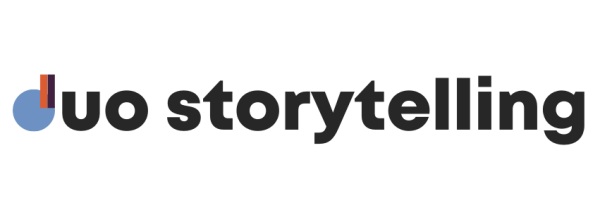The most important part of your book may be writing it, but if you want to know how to sell your book, your best bet is to start with your value proposition.
What Is a Book Value Proposition?
In short: a value proposition, sometimes called a unique selling proposition, is what sets your book apart from others in its genre.
Why Is a Book Value Proposition Important?
It’s simple: a good unique selling proposition will resonate with readers and make them want to pick up your book.
- This means your value proposition is a key part of your marketing efforts.
- Looking for further guidance on marketing your book? We cover it all in our upcoming Book Marketing 101 article.
If you’re going the traditional publishing route, a solid value proposition or unique selling proposition (USP) helps you get noticed and, most importantly, signed with a publisher. Think of it like this: if they’re going to acquire your book they need to know that it will sell. Your value proposition helps show that.
Anatomy of a Unique Selling Proposition
There are many ways to convey unique value to your reader, which means there’s no perfect formula for every author to display their value. Your value proposition might include:
- The genre or topic of your book
- The style of writing in the book
- Your book’s format or presentation
- Your author credentials
For example, here’s a tagline for a nonfiction book on cooking:
A fast-paced guide on making restaurant-quality food on a family budget, from a Michelin-starred chef.
This highlights what the reader gets from the book, what sets it apart, and why the author is a good fit for the topic.
Or, in the case of a fiction novel:
An epic urban fantasy adventure set entirely in the four walls of a stuck elevator.
The above value proposition shares key genre information while also highlighting what makes it stand out within that genre.
How to Find Your Value Proposition
Now that we’ve looked at some examples of what might be included in your value proposition or USP, how do you figure out what works best for you?
Like any product, it’s best to start by knowing who you’re trying to sell to: your target audience. Start by conducting market research to see how similar titles show their value to their readers. This will guide you on what works—and how you can make yours even better.
With that audience knowledge, you’re ready to start piecing together your USP. Take the examples above, and turn them into questions:
- What is the core message or theme of your book or story? Is that unique or highly desired in your genre or category?
- What distinguishes your book from others in the same category or genre? Writing style? A niche combination of disciplines or tropes?
- How does your book offer a unique perspective or information for readers?
- What makes you the right person to write the book?
Conclusion
Don’t be afraid to play around with your value proposition or unique selling proposition, and don’t worry if it evolves over time. The important thing is that you understand the value you offer. That’s the only way you’ll be able to communicate it.
Looking for More?
Whether you’re trying to find the perfect narrative POV for your book or trying to build your best main character, we’ve got you covered.
Find us on Instagram and Facebook for more.
Sign up for our newsletter to receive TWO FREE toolkits: Demystifying Query Letters and The Roadmap to Successful Self-Publishing.


